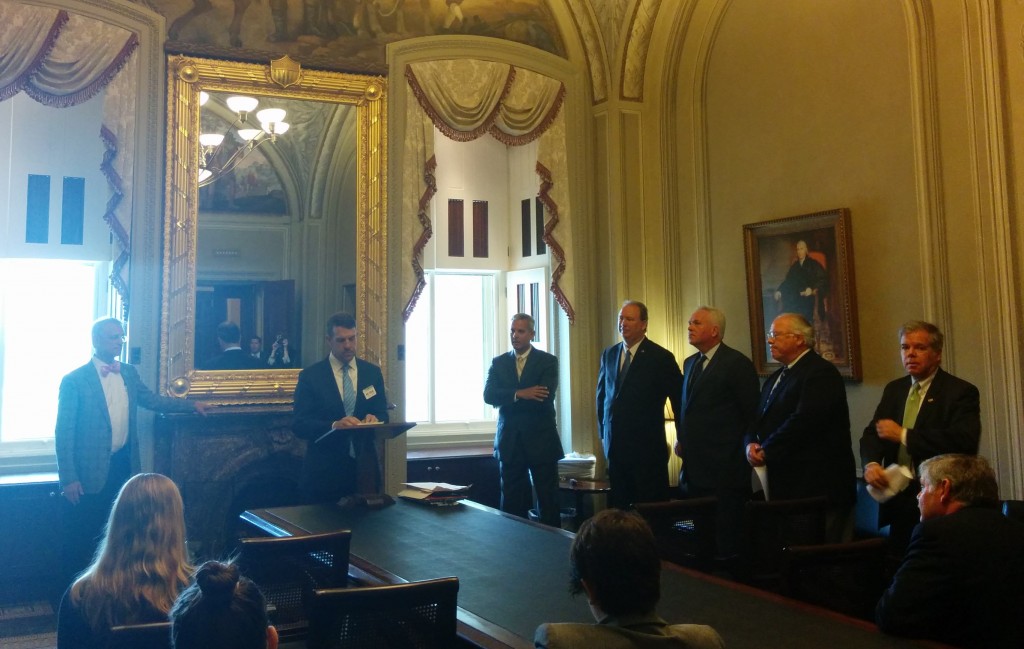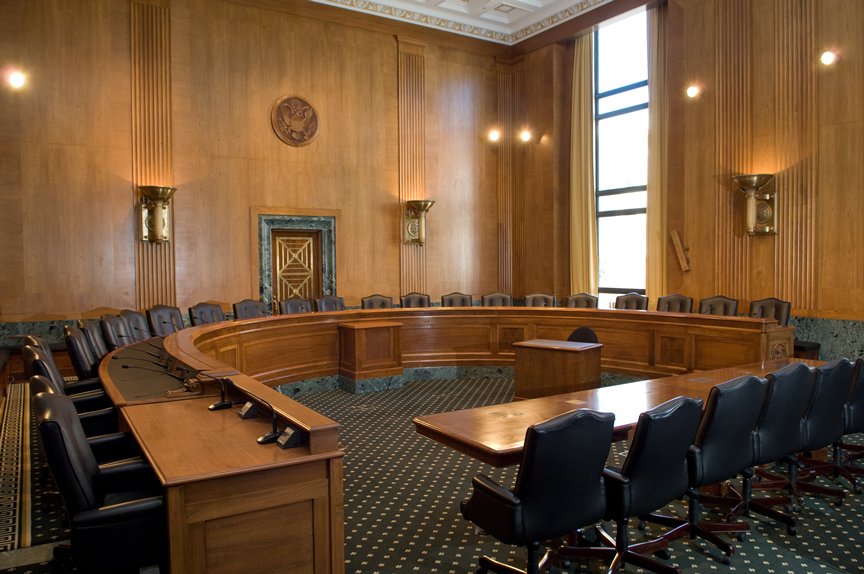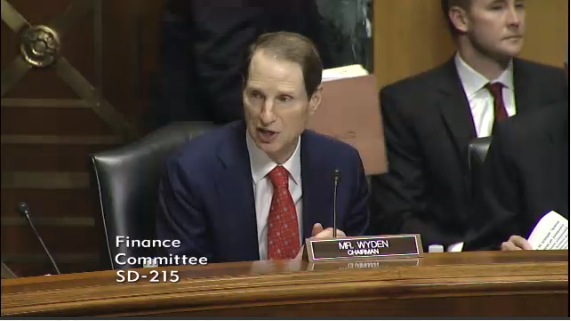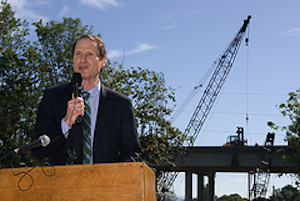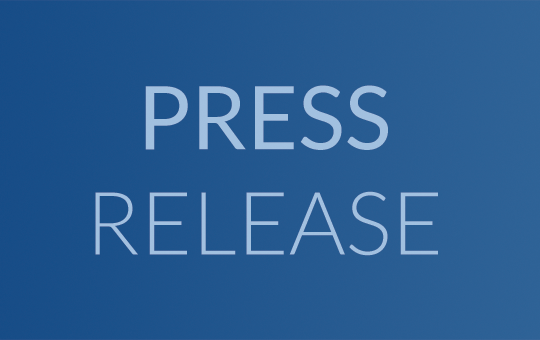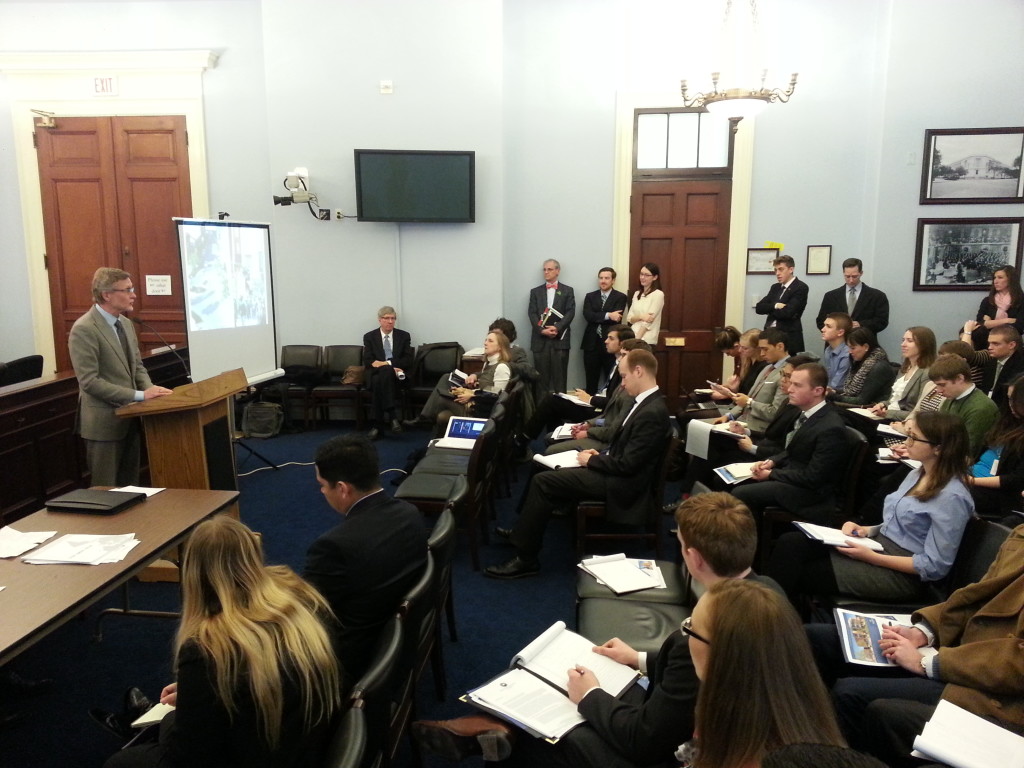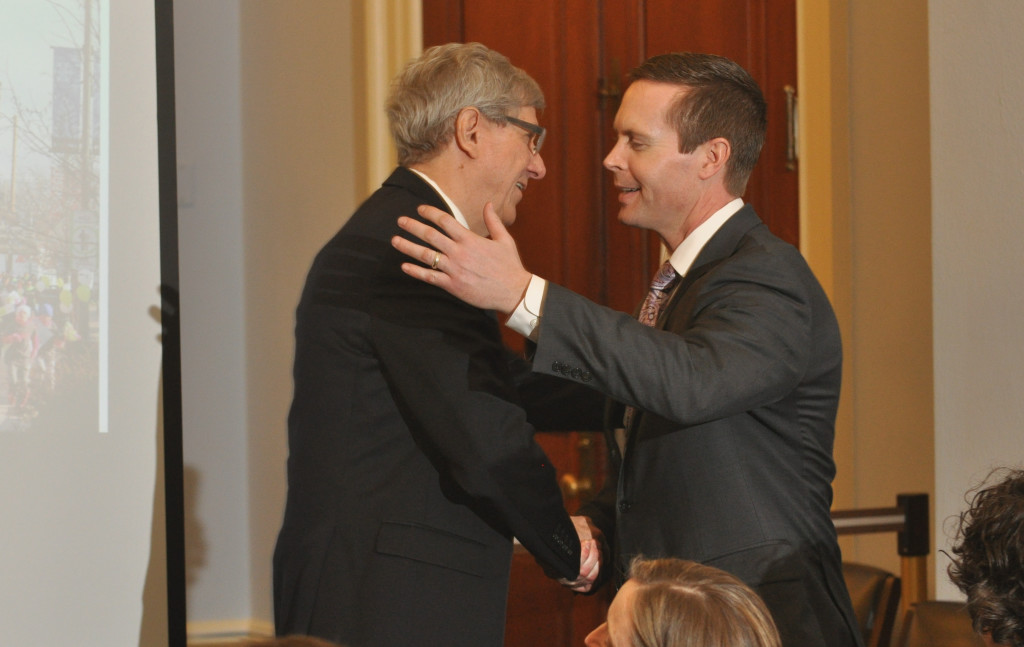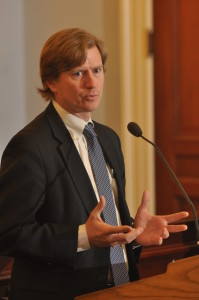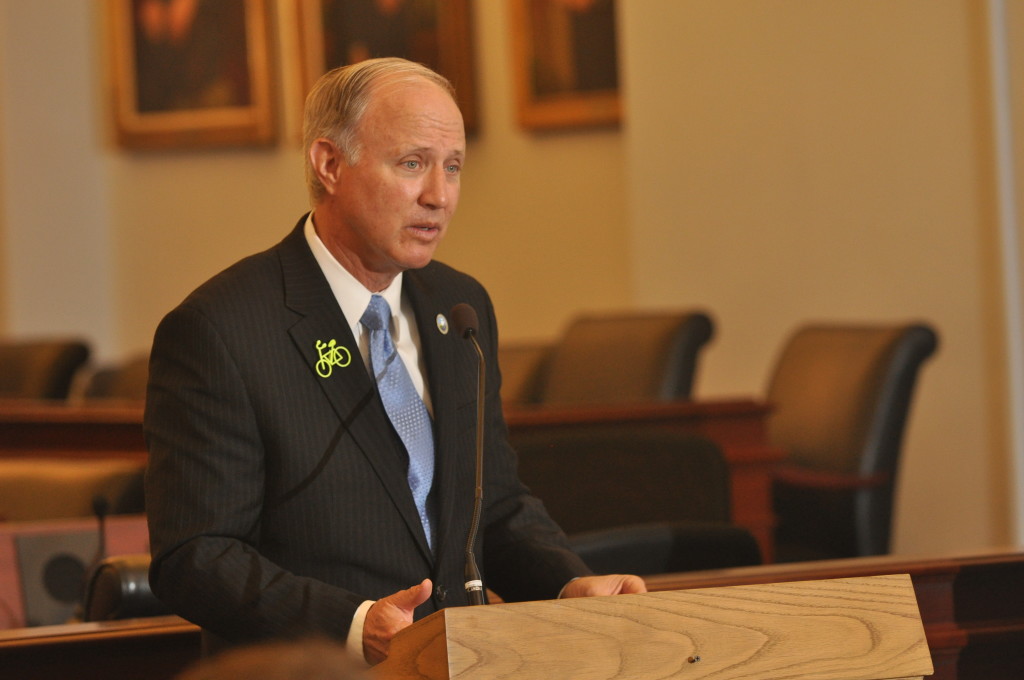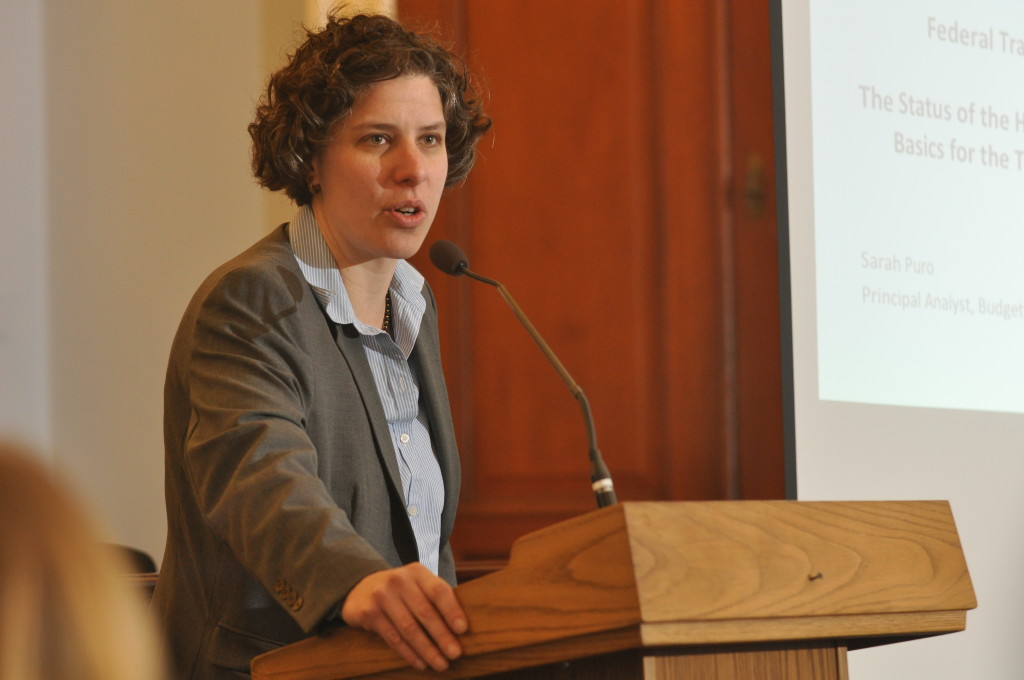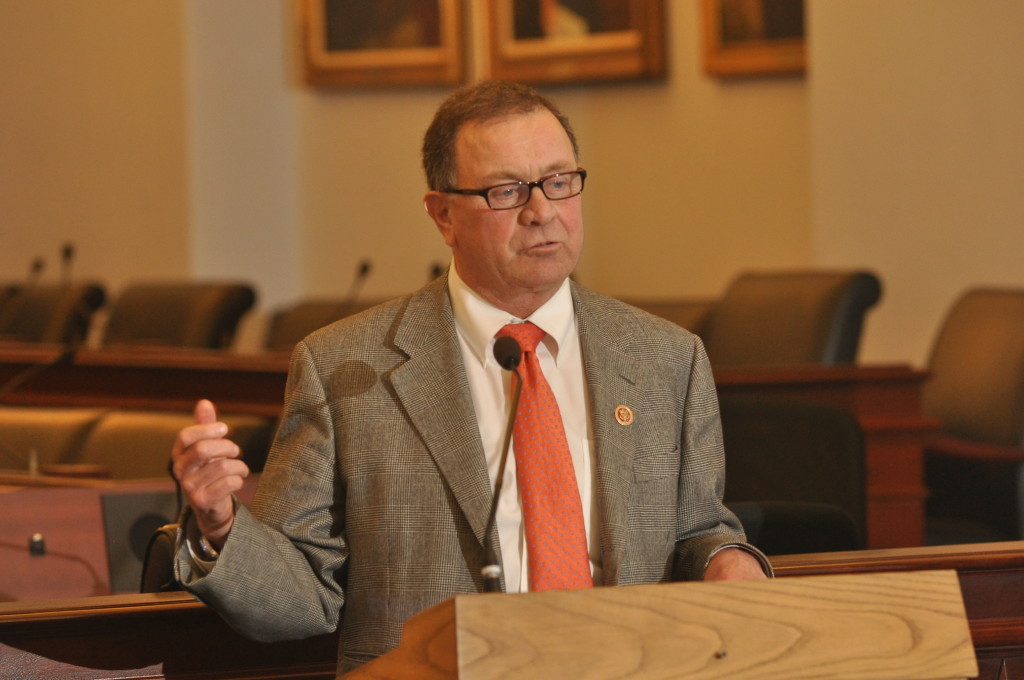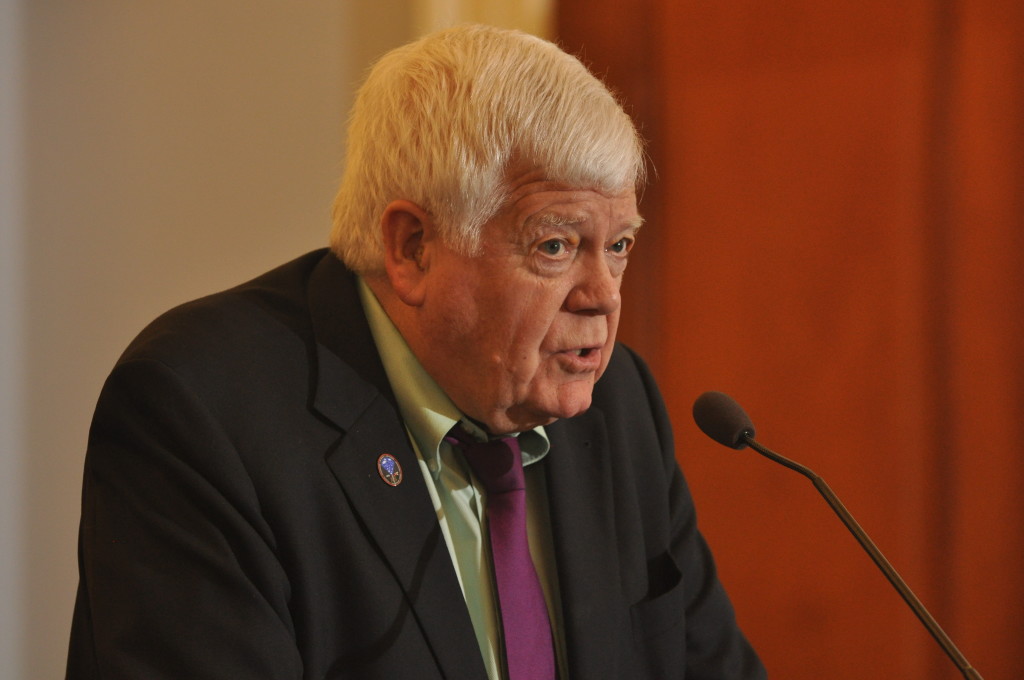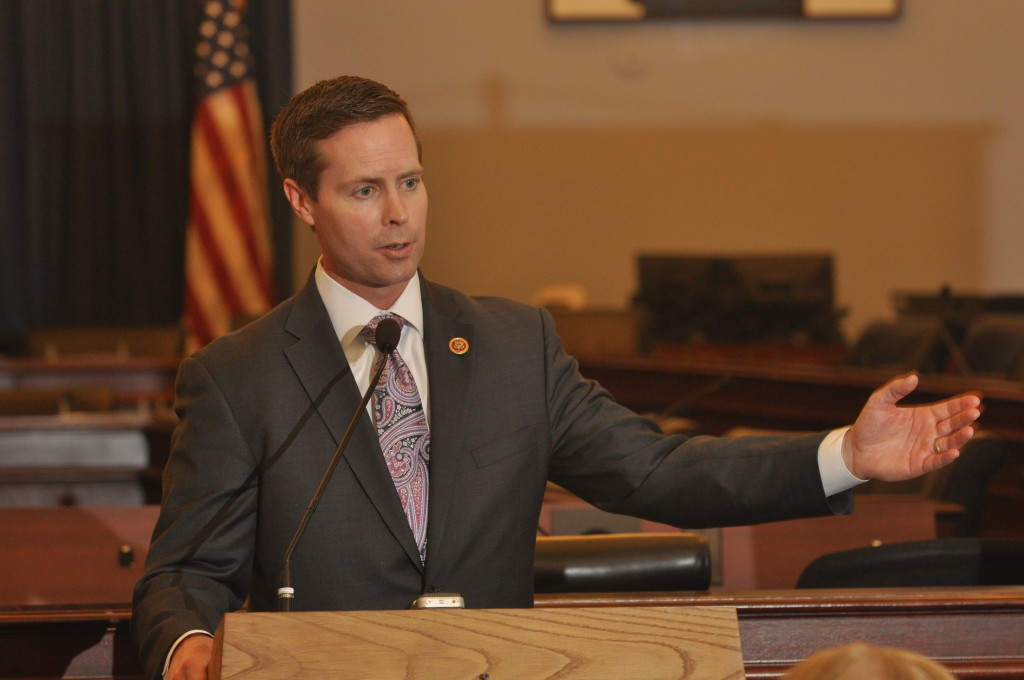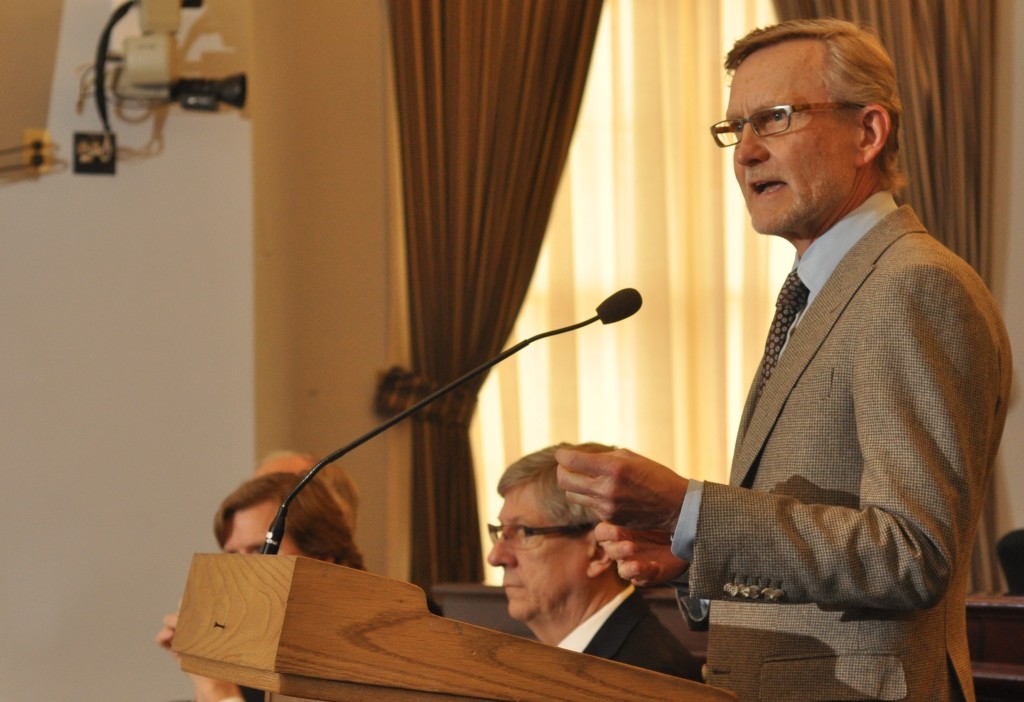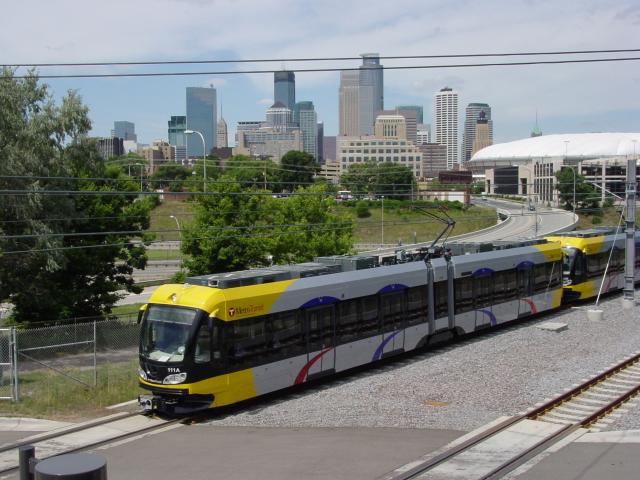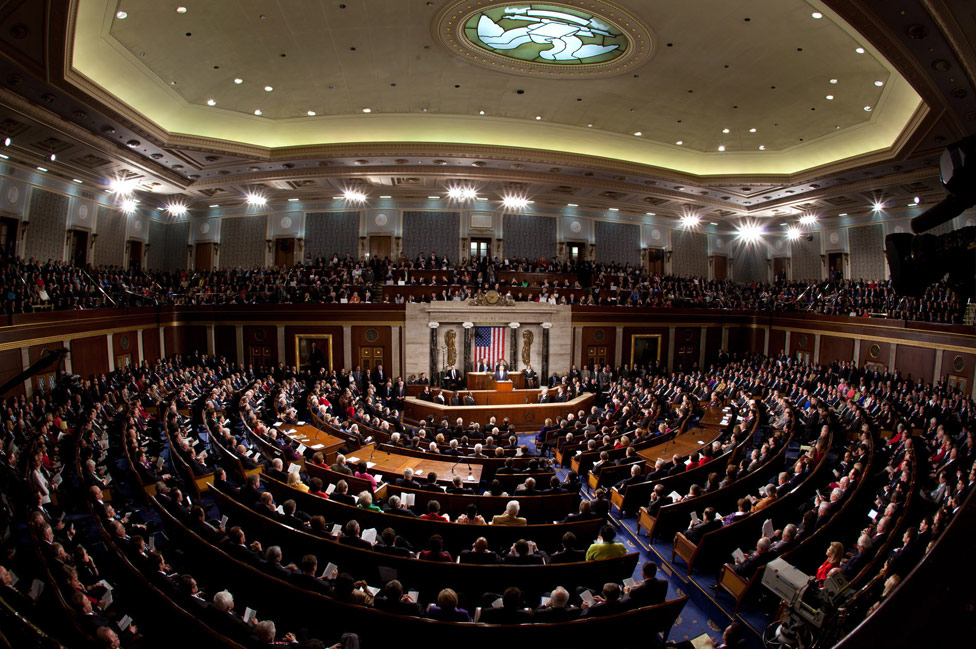
During an extremely busy week in Congress in several key committees, a long-term transportation bill and a multi-year passenger rail authorization were introduced and passed committees, along with hearings on possible ways to keep our nation’s transportation fund afloat, rural transportation issues, rail safety, and autonomous vehicles.
For those of you who don’t regularly follow Congress, this is often how things go: nothing seems to happen for a long time, and then there’s an explosion of activity all at once. That’s certainly what took place this week in the Senate, with some important ramifications for the future of transportation funding and policy. We hope that Congress shows the same focus when they return from their weeklong July 4th recess.
Four of the five Senate committees with jurisdiction over either transportation policy or funding were active this week. Two notable transportation policy bills (and one yearly spending bill) were advanced out of committees this week, and the Senate made the first big move toward passing a long-term transportation reauthorization ahead of the July 31 expiration of MAP-21, the current law. So what happened, and what should we be expecting next?
Here’s our brief rundown of what you need to know.
First up, in news we haven’t covered here yet, the Senate Appropriations Committee this morning marked up and passed their version of the yearly transportation and housing spending bill that was passed out of the House several weeks ago — a bill that cut TIGER, passenger rail, and transit construction. Unfortunately, the news out of the Senate today was only marginally better. On the plus side, TIGER funding is maintained at this year’s level: $500 million again for competitive grants this upcoming year. But the Senate actually makes deeper cuts to New and Small Starts transit construction than the House did — $520 million in cuts over last year, and $320 million more than the House passed a few weeks ago. Passenger rail funding gets a marginal increase over last year’s level.
While we were hopeful that the Senate could possibly restore some of these cuts made by the House — as had happened in several years past — the consensus by House and Senate Republicans to stick to 2011 budget sequestration-level discretionary funding amounts for all of their FY2016 spending bills result in cuts across the board to discretionary programs like these. All Democrats on the Appropriations Committee opposed this bill.
Smart Growth America offered up this statement on the THUD bill today. T4America is a program of Smart Growth America.
The United States is in the middle of an affordable housing crisis. Rents are rising, the homeownership rate is declining, and federal housing programs are already failing to meet the need for affordable homes. Gutting the HOME program at a time like this is the wrong response. If Congress’s budget caps force this outcome, the budget caps need to be changed.
Logged-in T4America members can read our full THUD summary below:
[member_content]June 24, 2015 — The Senate Appropriations Subcommittee on Transportation, Housing and Urban Development, and Related Agencies (Transportation-HUD) marked up and reported its FY2016 appropriation bill to the full committee on June 23 without amendment. This is T4America’s short members-only summary of the THUD bill as reported to the full committee. Read the full memo.[/member_content]
Second up was the release and the subsequent committee markup of the Environment and Public Works (EPW) Committee’s six-year transportation bill known as the DRIVE Act. The EPW Committee is responsible for the largest portion of the full bill known as the “highway title” — more on the other portions below. In case you missed any of our posts about the EPW bill over the last few days, you can catch up with those below. Long story short? EPW released a bill with some modest improvements that represents a good starting point for debate, they approved it unanimously in committee while making a few small improvements, and important amendments that could ensure our investments best maintain and improve our transportation system are still outstanding and will hopefully be considered by the full Senate.
Statement on the release of the Senate’s long-term transportation reauthorization proposal
While this bill provides a positive starting point, there are other areas where Congress can and should do better.
Senate’s new transportation bill is a good start, but more should be done for local communities
The EPW committee marked up and approved this bill unanimously on June 24th without considering amendments (other than a package of amendments in a manager’s mark.) The amendments mentioned below were discussed or offered and withdrawn, and will hopefully be debated on the floor of the Senate. So keep any letters of support coming — this action is still ongoing!
Senate Committee rolls forward with speedy markup of six-year transportation bill
In a committee markup where the phrase “doing the Lord’s work” was invoked by numerous members on both sides of the aisle, the Senate Environment and Public Works Committee sped through a markup of their draft six-year transportation bill in less than an hour this morning, approving it by a unanimous vote with no amendments, save for a manager’s package of amendments agreed to in advance.
While the Senate Appropriations Committee marked up the transportation & housing spending bill this morning, the Senate Commerce Committee — the committee with jurisdiction over rail policy in the Senate — considered the Railroad Reform, Enhancement, and Efficiency Act — a bill to govern all passenger rail policy and authorize funding for the next several years. The RREEA bill is a good step forward, supported by T4America wholeheartedly:
Statement in response to introduction of the Railroad Reform, Enhancement and Efficiency Act
Senators Wicker and Booker are doing the nation a great service in crafting a bill that ensures Americans will see continued and improving passenger rail service in the years to come. Passenger rail service is vital and growing in popularity, and keeping the system working and safe requires investment. The Wicker-Booker bill embraces both those ideas. It authorizes necessary funding to start to return the system to a state of good repair and make targeted investments to improve service.
The committee markup of the bill known as RREEA was mostly uneventful, and it passed by a unanimous vote with mostly minor amendments and issues raised — some of which were safety-related and expected in the wake of the recent derailment in Philadelphia. The Commerce Committee is also responsible for freight and rail policy for the long-term bill, and we’ve heard that they could be releasing their draft long-term bill shortly after the July 4th recess.
Lastly, both House and Senate committees tasked with finding the funding to pay for the next long-term transportation bill (or finding the money to extend MAP-21 past July 31) held hearings this week to continue their work along those lines. In the case of the House, they were specifically discussing repatriation of corporate earnings as a possible revenue source.
Repatriation is the process by which companies can bring offshore earnings back to the U.S. at a reduced tax rate, and then all or a share of those tax revenues would be directed to the trust fund, providing revenues for a long-term transportation bill. It’s an idea that’s gotten some traction in the Senate — Senators Barbara Boxer and Rand Paul have introduced a proposal — but it’s still a one-time fix that’s still not a fee paid by the users of the transportation system.
A House Ways and Means subcommittee held a hearing today to discuss repatriation, and the overall takeaway from the hearing seemed to be that while repatriation may be the most feasible option after a gas tax increase was ruled out by Ways and Means Chairman Paul Ryan, there’s still little consensus in the House, and many representatives want to tie it to more thorny issues like corporate tax reform, reducing the chances that it could pass quickly or easily.
In the Senate, the Finance Committee held a hearing today as well to discuss the use of public-private partnerships — a growing trend in many states as they look to up-front cash from the private sector to help fund longer-term projects where the private party defers their payment or profits. Despite the way P3s, as they’re known, are frequently invoked as a possible funding solution, almost all the panelists today noted that although having a greater range of financing options will certainly be a boost to many states and cities, P3s won’t be sufficient without also increasing overall revenues. They’re not a panacea.
Which leads us right back to the elephant in the room: finding and agreeing upon a new, stable revenue source that can keep the nation’s transportation fund solvent for years to come. It was indeed a busy week, and we hope that Congress will keep up the momentum when they return from their weeklong July 4th recess.




